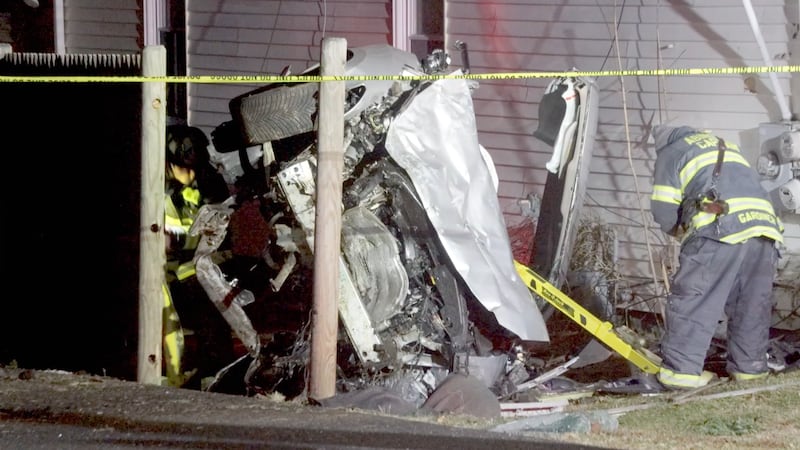BOSTON — Paying back student loans is a huge burden for many Massachusetts families.
Nine-hundred-thousand Massachusetts residents are on the hook for $29 billion, according to www.educationdata.org.
Emy Takinami considers herself lucky. She owes about $20,000 which is below the national average in the mid-30s.
As a first-generation college student, she had to take out loans to go from Brookline High School to the University of Vermont and then Boston University for graduate school.
She obtained degrees she needs to move ahead but is now worried that all this debt might hold her back.
“Between me and my partner, who I live with and has I think about $65,000 in student loan debt, that is something that’s on the forefront of our minds, if we’re thinking about buying a house, having kids,” said Takinami.
Takinami is now involved with Zero Debt Massachusetts, a group advocating for the forgiveness of student loan debt.
Two of the biggest supporters of this idea are Senator Elizabeth Warren and Congresswoman Ayanna Pressley. Both of these Massachusetts lawmakers want to erase up to $50,000 in debt for each of the roughly 45 million Americans who are still paying off federal loans.
Warren and Pressley want President Biden to do it immediately by issuing an executive order.
At a recent CNN Town Meeting, the president said he wouldn’t take that action. He’s only expressed support for a program with a ceiling of $10,000.
Biden appears uncomfortable giving it to everyone. “It depends on whether you go to a private university or public university. It depends on the idea that I say to a community I am going to forgive the debt, the billions of dollars of debt, for people who have gone to Harvard and Yale.”
Anna Helhoski, a senior writer at NerdWallet who is following the student loan forgiveness debate, said a detailed proposal of how debt would be erased has not been released to date.
“We looked into this and if you forgive $10,000, everyone’s federal loan debt, assuming there’s no means testing, that would be around $429 billion,” explained Helhoski.
That’s a huge sum on top of trillions of dollars in deficit spending already tied to pandemic relief.
Takinami believes society can easily foot the bill. “I think about taxing the rich. I think about taxing endowment funds from private universities, these huge amounts of money universities are sitting on.”
Democratic Congressman Jake Auchincloss of Newton told Boston 25 News he isn’t ready to sign onto this type of program. “I support freezing student loan repayments for the duration of this crisis.”
Supporters believe debt forgiveness would stimulate the struggling economy by freeing up more spending power.
Advocates also say disadvantaged communities, which bear a disproportionate amount of education debt, would also get a needed break.
“There’s a lot of arguments for and again forgiveness,” explained Helhoski. “The main one against it is that it’s a band-aid solution that doesn’t do anything to address college affordability which could still lead to more debt in the future.”
There’s no timeline of when, or even if, the president will act. In the meantime, he’s extended the payment and interest freeze on federal student loans until September.
Massachusetts Attorney General Maura Healey joined 16 of her peers from around the country calling on President Biden to forgive up to $50,000 of federal student loan debt for each borrower.
RESOURCES:
- Complete local and national coronavirus coverage here
- Follow us on Facebook and Twitter | Watch Boston 25 NOW





